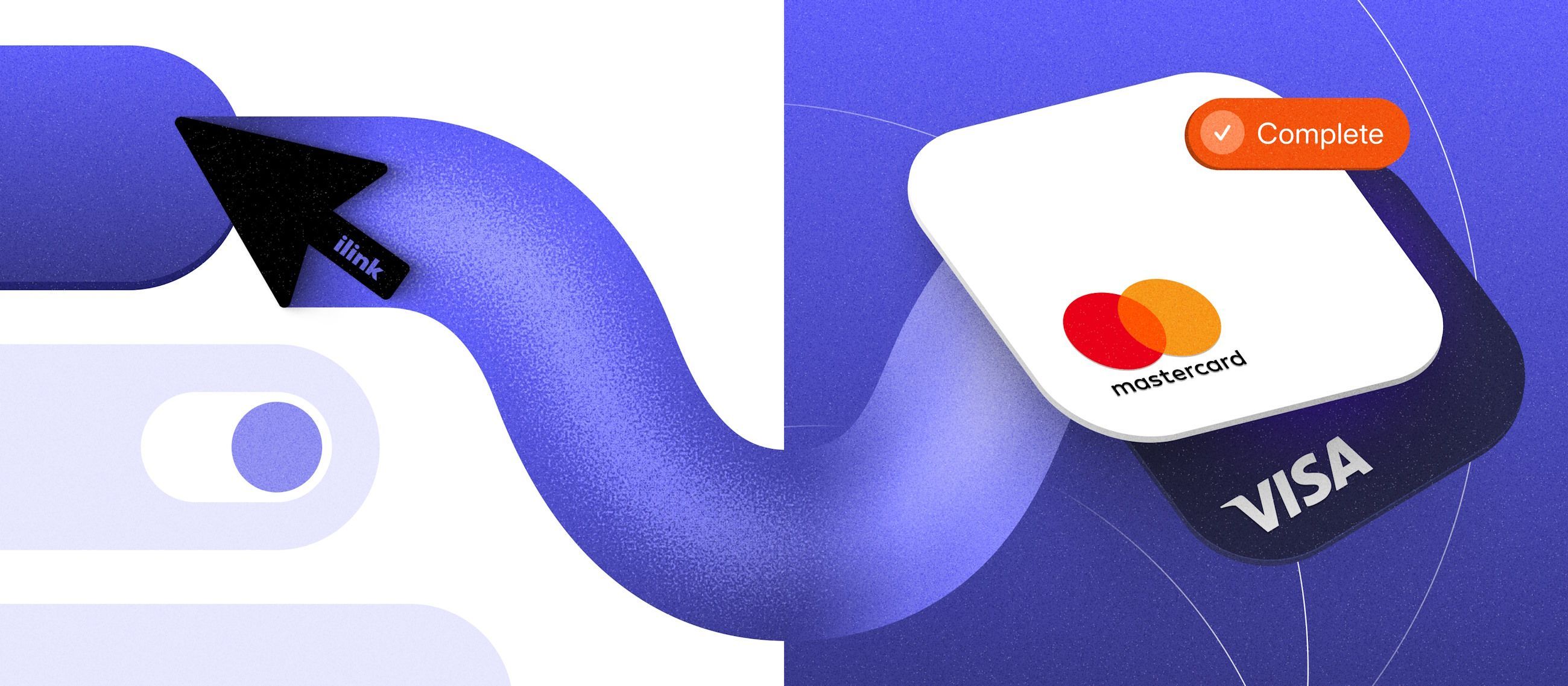Fintech Innovations: How Technology Is Transforming the Financial Industry
Introduction
The financial industry is currently experiencing one of the most rapid periods of evolution. Fintech innovations have become the foundation of digital transformation, enabling banks, neobanks, payment services, and investment platforms to operate faster, more securely, and more efficiently.
The growing volume of data and increasing security requirements push companies to adopt modern fintech solutions that reshape traditional approaches to customer service and financial operations.
What Is Fintech
Fintech is a combination of modern digital technologies used to improve financial services, automate operations, enhance security, and create new ways for businesses and customers to interact.
In essence, fintech brings together technology and finance, allowing companies to implement tools such as artificial intelligence, blockchain, Big Data, cloud services, and APIs to work faster, more accurately, and more conveniently for users.
Today, modern financial technologies make it possible to:
-
Optimize the processing of payments and transactions;
-
Automate manual processes and reduce operational costs;
-
Create innovative mobile applications and digital banks;
-
Ensure a high level of data security;
-
Personalize financial products and services;
-
Develop Open Banking and integrations with external ecosystems.
Fintech has become a key element of digital transformation for banks, insurance companies, investment platforms, payment providers, and neobanks.
It is fintech innovations that shape competitive advantages and determine how the financial industry will develop in the coming years.
Key Fintech Innovations
The financial sector actively adopts various technological solutions. Below are the most in-demand fintech trends shaping the market.
1. Artificial Intelligence and Machine Learning
What artificial intelligence in fintech enables:
-
Predictive analytics;
-
Anti-fraud systems and credit scoring;
-
Tariff and product personalization;
-
Transaction analysis;
-
Intelligent chatbots.
Using ML models increases decision accuracy and reduces financial risks.
2. Blockchain and Web3
Blockchain in fintech ensures transparency, immutability, and security of transactions.
With the help of blockchain technology, companies build:
-
Decentralized financial applications (DeFi);
-
Smart contracts for automated transactions;
-
Asset tokenization;
-
Secure systems for payments and data storage.
This is one of the core directions of new fintech technologies, enabling the creation of next-generation financial products.
3. API Integrations
Open APIs allow banks to exchange data with third-party services, forming entire financial ecosystems.
Advantages:
- Rapid integration of new services;
- Increased competition and higher service quality;
- Personalization of financial products.
4. Neobanks and Digital Financial Services
Neobanks are fully digital banks that operate without physical branches and offer financial services through mobile apps and online platforms.
They provide users with a fully digital experience:
-
Instant payments;
-
Digital identity verification;
-
Automated processes;
-
Low servicing fees.
This direction is transforming the traditional banking market.
5. Biometrics and Digital Identification
Biometric technologies significantly enhance security and are now widely used for payments and identity verification.
They are applied for:
- KYC;
- AML;
- Remote identification;
- Transaction confirmation.
6. Robo-Advisors and Investment Automation
Investment automation is another major trend:
- Portfolio management;
- Market analysis;
- Algorithmic trading.
7. Cloud Solutions (Cloud Fintech)
Cloud platforms enable companies to scale quickly, reduce infrastructure costs, and maintain service continuity.
8. Big Data and Behavioral Analytics
Big Data analytics is used for:
-
Creditworthiness assessment;
-
Risk forecasting;
-
Personalized product recommendations;
-
Transaction analysis.
These financial technologies of the future help companies operate with greater accuracy and efficiency.
How Innovations Are Transforming Financial Business
Modern fintech innovations significantly influence business strategy and operational processes. They change the very logic of how financial institutions function, from customer service to risk management and internal operations.
Implementing fintech technologies helps businesses transition from slow, fragmented systems to flexible, automated, data-driven solutions. As a result, financial companies gain the ability to:
-
Accelerate decision-making cycles. AI models analyze transactions, credit risks, and anomalies in milliseconds, tasks that previously took hours or days.
-
Reduce operational costs. Automation of internal processes, workflows, AML/KYC procedures, and customer support decreases workload and minimizes errors.
-
Increase transparency and security. Blockchain ensures data immutability, while AI detects fraud and violations in real time.
-
Develop personalized services. Big Data and behavioral analytics generate individualized offers, boosting conversion and customer retention.
-
Test new product hypotheses faster. Thanks to API integrations, cloud systems, and modular architecture, companies can launch MVPs much more quickly.
-
Enter new markets. Innovations allow neobanks and fintech startups to compete with traditional banks by offering more convenient digital services.
Fintech innovations give businesses the opportunity to operate more efficiently, offer better service, and adapt rapidly to evolving market demands.
Examples of Innovation Deployment Across Financial Sectors
Many advanced technologies are already deeply embedded in key segments of the financial industry. Below are practical examples demonstrating their real-world value.
1. Banking Sector
Financial institutions invest in digital transformation more actively than any other segment. Technologies are used for:
-
AI-powered scoring (evaluating clients through hundreds of behavioral and transactional parameters);
-
AI-based fraud detection (real-time anomaly detection);
-
Digital servicing channels (mobile banking, voice assistants, biometric identification);
-
Automated credit processes (approvals without human intervention).
These innovations make banks faster, safer, and more customer-centric.
2. Investment Services and Trading
Fintech technologies make investing more accessible and efficient:
-
Algorithmic trading based on ML models;
-
Robo-advisors generating portfolios and providing recommendations;
-
Tools for market scenario analysis and volatility forecasting;
-
Automation for retail investment operations.
Innovations help reduce risks, increase returns, and simplify the investment process.
3. Insurance (InsurTech)
Insurance is one of the fastest-growing fintech segments:
-
Claim evaluation using computer vision (e.g., vehicle damage recognition);
-
Automated approval of insurance payouts;
-
Risk management using predictive models;
-
Digital identity verification for instant insurance issuance.
These innovations significantly shorten claim processing times and improve customer experience.
4. Payment Systems
The payment industry actively uses new fintech technologies:
-
Instant money transfers with enhanced security;
-
Intelligent transaction monitoring;
-
Payment data tokenization;
-
Dynamic risk scoring for real-time transaction assessment.
Such solutions help combat fraud and ensure the stability of payment systems.
5. Neobanks and Digital Services
Neobanks rely on innovations as the core of their business model:
-
Super-apps with extensive functionality;
-
Personalized recommendations based on data;
-
Fast online payments;
-
AI-powered customer interaction tools;
-
Dynamic pricing and real-time tariff adjustments.
These fintech solutions enable neobanks to compete with major financial institutions.
How to Implement Fintech Innovations in a Company
Implementing fintech innovations is a strategic, multi-stage process. Mistakes at the beginning often lead to increased costs and delays, so a systematic approach to digital transformation is essential.
Here is a refined methodology:
1. Define business goals and optimization areas
Clarify what the company wants to improve using fintech technologies:
-
Payment processing speed;
-
Fraud prevention;
-
Scoring optimization;
-
Customer experience;
-
AML/KYC automation;
-
Digital product development.
2. Analyze current processes and architecture
Evaluate:
-
Process bottlenecks;
-
Available data;
-
Architecture flexibility;
-
Opportunities for AI and blockchain automation.
3. Choose a technology partner
Look for a partner with:
-
Experience in fintech development;
-
Expertise in AI, blockchain, Big Data;
-
Strong security practices;
-
A proven portfolio.
4. Build the solution architecture
Fintech products must be scalable, secure, and compliant with regulations.
5. Develop and launch a pilot (PoC/MVP)
A pilot allows you to validate the technology, collect real data, test risk models, and gather user feedback.
6. Scale and integrate
After a successful pilot:
-
Train staff;
-
Automate processes;
-
Monitor data quality;
-
Ensure continuous security.
7. Continuous improvement
Fintech evolves rapidly, so technologies must be updated regularly.
Why Companies Choose ilink
ilink has deep expertise in the development of fintech platforms, blockchain systems, and AI solutions.
The team builds scalable, secure, high-load products for banks, neobanks, investment platforms, and payment companies.
ilink combines fintech technologies, artificial intelligence, and blockchain to create innovations of any complexity.
Fintech innovations are shaping the future of the financial industry. Companies that adopt new technologies today gain strategic advantages tomorrow, from improved efficiency to an enhanced customer experience.
Comments (0)
Latest Posts
This article explains how startups can choose the right tech partner, what services a specialized studio provides, and why the right choice directly affects the success of the entire project.
Developing a blockchain platform for eCommerce is becoming one of the key directions in the industry’s evolution.
Do You Have Any Questions?
Leave your details - we will contact you to answer all your questions




